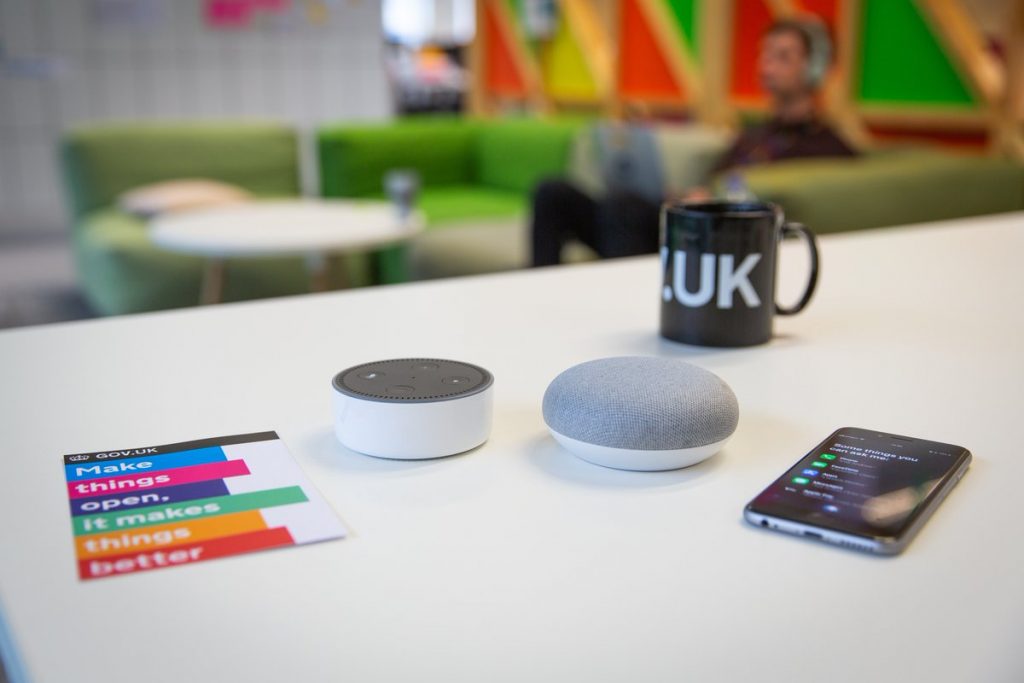
At GDS we take the view that digital services should be built by putting the users at the heart of everything we do and by using proven tools and methods.
And those tools and methods move on. Things like AI and machine learning, which would have been considered 'emerging' a few years ago, have matured to the point where they are being used in government.
For example, GDS is using machine learning to process large amounts of data to help with decision making. And the Home Office has developed a tool that uses machine learning to detect terrorist content on online platforms.
However, government must also make sure that innovation is valuable and the costs of using emerging technologies are properly understood. Dave Rogers, chief technology officer at the MOJ discusses these issues in his blog ‘Why hype technology is killing innovation’.
If government can show there is a genuine user need in using emerging technology, that can be met in a cost-effective way, experimentation is justified. For example, Land Registry is doing discoveries into distributed ledger technologies (DLT) with the aim of finding out if DLT will make it simpler, quicker and cheaper to buy and sell property.
And HM Courts & Tribunals Service is exploring using DLT to secure digital evidence.
What government technologists want to know
GDS met with technologists across central government last year to identify guidance needs.
The biggest request from technologists was for guidance on how they can experiment with new technologies on top of their existing infrastructure. New technology can only be useful if it is introduced into the right environment. For example, the effectiveness of machine learning is dependent on the quality and quantity of data you use with it.
Technologists across departments want to know what processes they should follow, where to get more information and what other departments are doing. They also wanted more guidance on how to take into account any legacy infrastructure when adding new technology.
We’ve made updates to the Technology Code of Practice
We’ve updated point 9 of the Technology Code of Practice (TCoP) with guidance on:
- how to go about using emerging technologies and relevant case studies
- how to manage the migration away from legacy technology
We also want to make it easier for technologists to find information on emerging technologies by:
- joining the Data Science Slack workspace
- joining the Government distributed ledger community
- making it easier to find information from other public bodies
We aim to add more technical guidance in to the TCoP during 2019.
Look out for the Innovation Strategy
The Minister for Implementation, Oliver Dowden, has spoken about emerging technology during an in-depth GDS Podcast.
He highlighted the importance of the GovTech Catalyst initiative in matching innovative private sector solutions with public sector challenges. The minister also talked about the publication of an Innovation Strategy, later this year. The strategy will share our vision of how GDS and wider Cabinet Office can lay the foundations for government to use emerging technologies.
The Innovation Strategy will highlight the barriers that prevent government from experimenting with emerging technologies, and suggests solutions to tackle them. It will also share best practice through case studies from across government and the private sector.
Are you interested in learning more about emerging technology or think you’ve identified a user need? Do you have a case study you think others can learn from?
Leave us a comment below or email technology-policy@digital.cabinet-office.gov.uk
